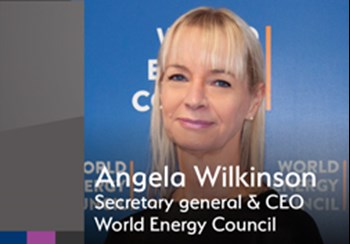The human race, and the race to zero
Reducing carbon emissions is an important and necessary aim—but it should not allow us to ignore the energy needs of the billions of underprivileged people around the world
The start of the year is a time for reflection and to look ahead. This year, already a uniquely challenging one, is no exception. The brutal shock of Covid-19 and the global health emergency has left deep scars in societies and has had very uneven impacts on communities, industries and economies across the world. Our industry, energy, is no exception. The resilience of electricity systems has been tested and the impact on other sectors and forms of energy—heat and liquid fuels—have exposed new vulnerabilities. In many countries, the gap between those that have access to clean, affordable, reliable energy and those that do not has widened. Access to modern energy is easily taken for granted

Also in this section
9 January 2026
A shift in perspective is needed on the carbon challenge, the success of which will determine the speed and extent of emissions cuts and how industries adapt to the new environment
2 January 2026
This year may be a defining one for carbon capture, utilisation and storage in the US, despite the institutional uncertainty
23 December 2025
Legislative reform in Germany sets the stage for commercial carbon capture and transport at a national level, while the UK has already seen financial close on major CCS clusters
15 December 2025
Net zero is not the problem for the UK’s power system. The real issue is with an outdated market design in desperate need of modernisation








